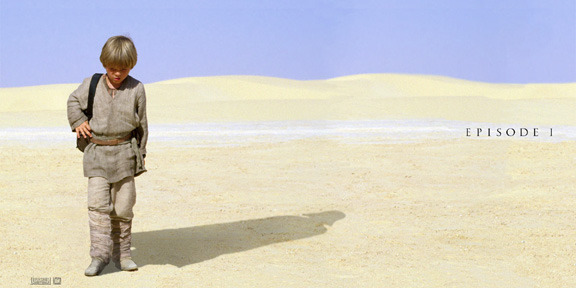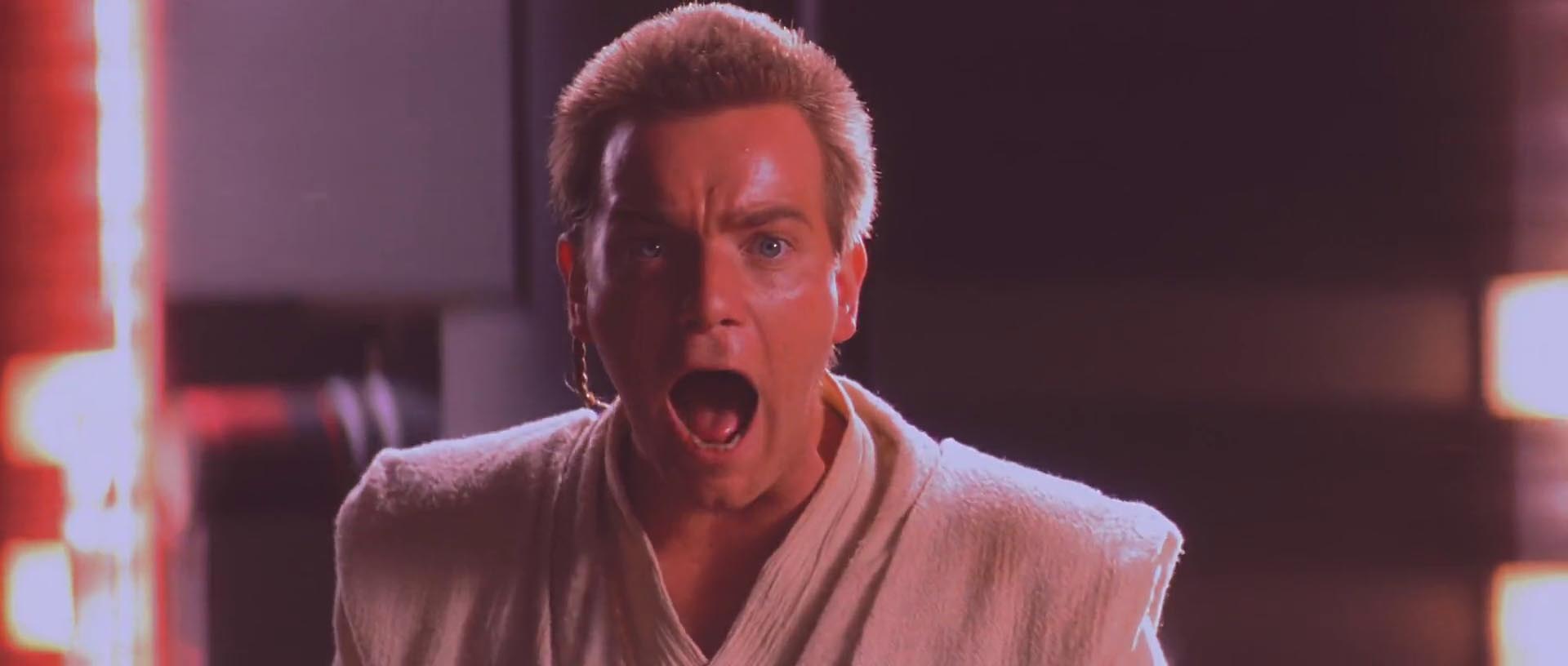The recent terrorists attacks on Paris have caused alot of controversy. I am very troubled by these developments and wanted to say something. As I tend to focus on movies and popular entertainment on this blog I decided to write about this issue by making an analogy to The Dark Knight and, in particular, by applying the writings of French philosopher/literary critic Rene Girard to both the movie and to this current crisis.
Disclaimer: I don't claim to be an expert on Girard's writings nor do I fully subscribe to his theories. I'm also not aware that his writings had any direct influence on Cristopher or Jonathan Nolan when they wrote the screenplay for The Dark Knight. My intention with this article is to use his writings to challenge people to think a little deeper about this issue. It's not meant to proselytize and or to offend anyone.
According to Girard all history can be boiled down to a series of conflicts springing from what he calls mimetic rivalry. These conflicts come to a head with the victimization of some innocent individual or group whose death is perpetuated by the rival parties. The death of this victim puts an end to the conflict. Because the involved parties deny the innocence of the victim in order to justify their actions this is known as the scapegoat mechanism. This occurs multiple times in the Dark Knight,when the Joker demands the death of some victim (Batman, Coleman Reese, and the people on the barges) in order to stop him from killing people. Notably this is forestalled all three times. Once because of the ultimate good conscious of the people on the barges, once because of Batman's intervention, the other time because of the Harvey Dent's sacrifice. This sacrifice once again recalls Girard's writings, in this case his assessment of Christianity. For Girard Christ is the one figure in history to subvert the scapegoat mechanism. Like so many other victims he is sacrificed to bring about peace under the pretext of a supposed guilt (blasphemy and rebellion against Caesar). However, rather then accepting this lie, the gospel writers proclaim Christ's innocence and his willingness to be sacrificed, thus attacking collective ignorance and destroying the myths that had shaped society up to that point. Harvey Dent (and at the end of the film Batman himself) follows Christ's example by allowing himself to be sacrificed for the greater good. The key difference of course, is that each of their sacrifices is based on a lie which brings us again back to Girard. If Girard is right and Christ revealed the lie behind the violent sacrificial order of society why hasn't this order come to an end. Girard says that this hasn't occurred because truth requires a receptive listener in order to have a real impact and the masses of men are not receptive to the truth. The people of Gotham (accepting those on the freighter) do not appear to be receptive to the truth either.
So what does this have to do with the crisis in Syria? Fearful of another terrorist attack like the one that occurred in Paris many want to deny the entry into our country of hundreds of innocent victims because some of them might be terrorists. Some justify this by claiming that the Muslim religion is inherently violent and those who profess it are inherently dangerous. Others want to ignore the conflict altogether and stand by while innocent people are slaughtered because its none of our business and the middle east will always be a violent place so why bother. In both cases sweeping generalizations are used to justify abandoning innocent people in need. Meanwhile, the slaughter continues. Have we learned anything from Christ's sacrifice? A sacrifice that was performed, by the way, just as much for those who hated Christ and wished him dead as those closest to him? Or are we, like the people of Gotham, motivated more by fear than reason? Are we all to willing to feed the innocent to the dogs as long as we ourselves aren't put in harm's way?






